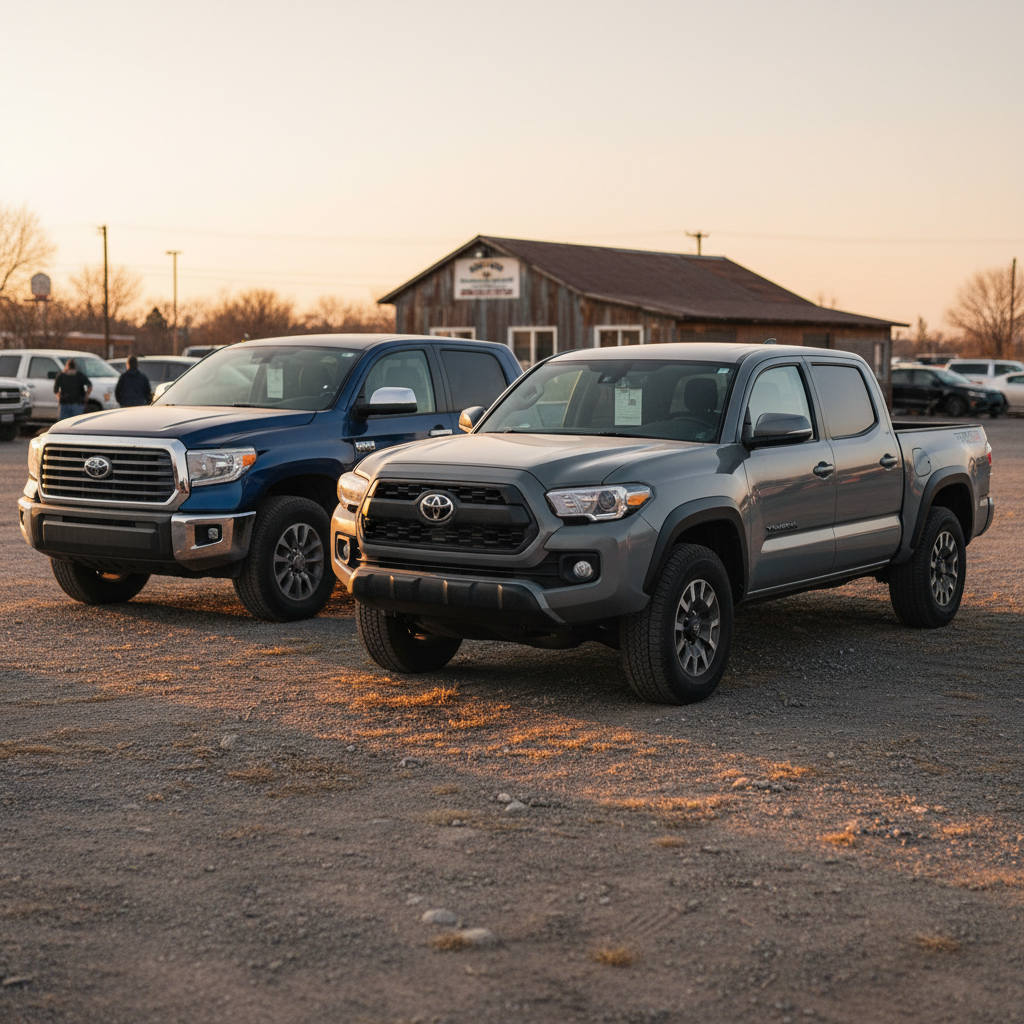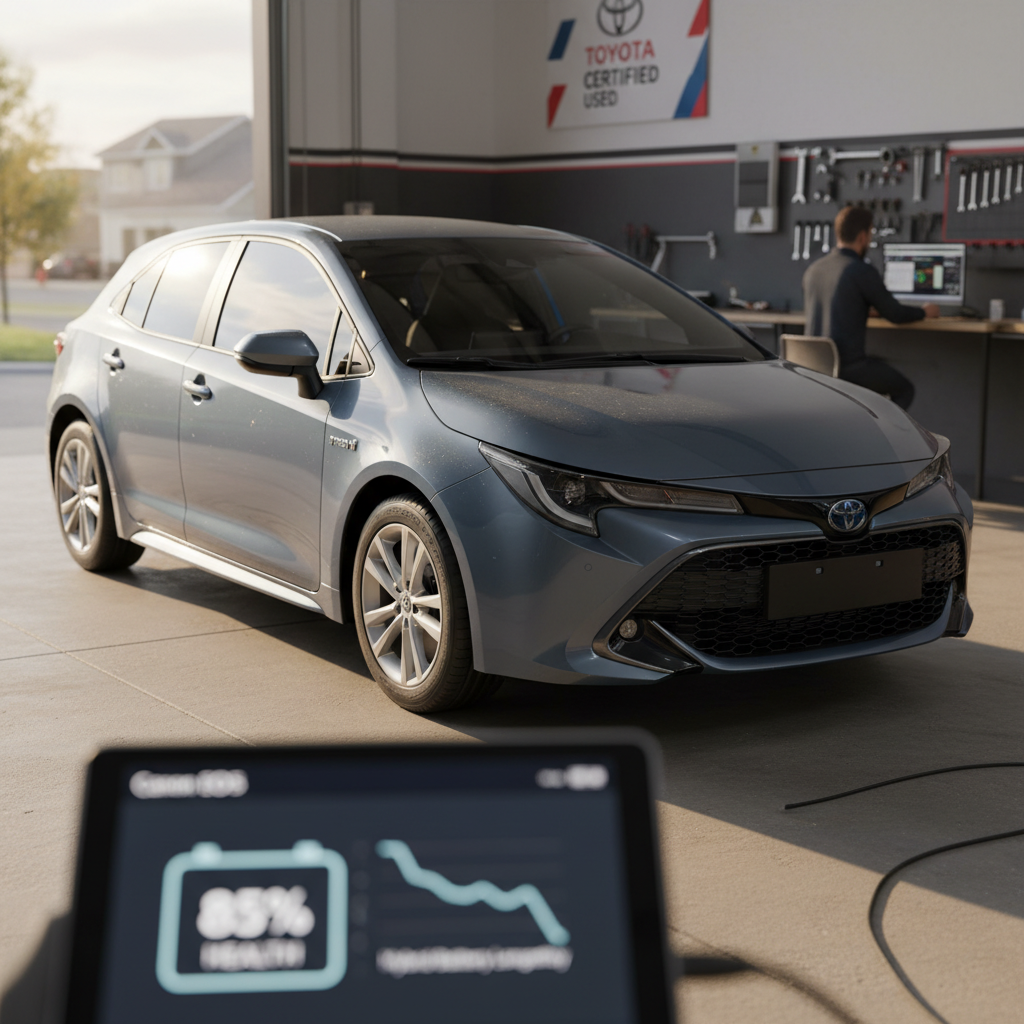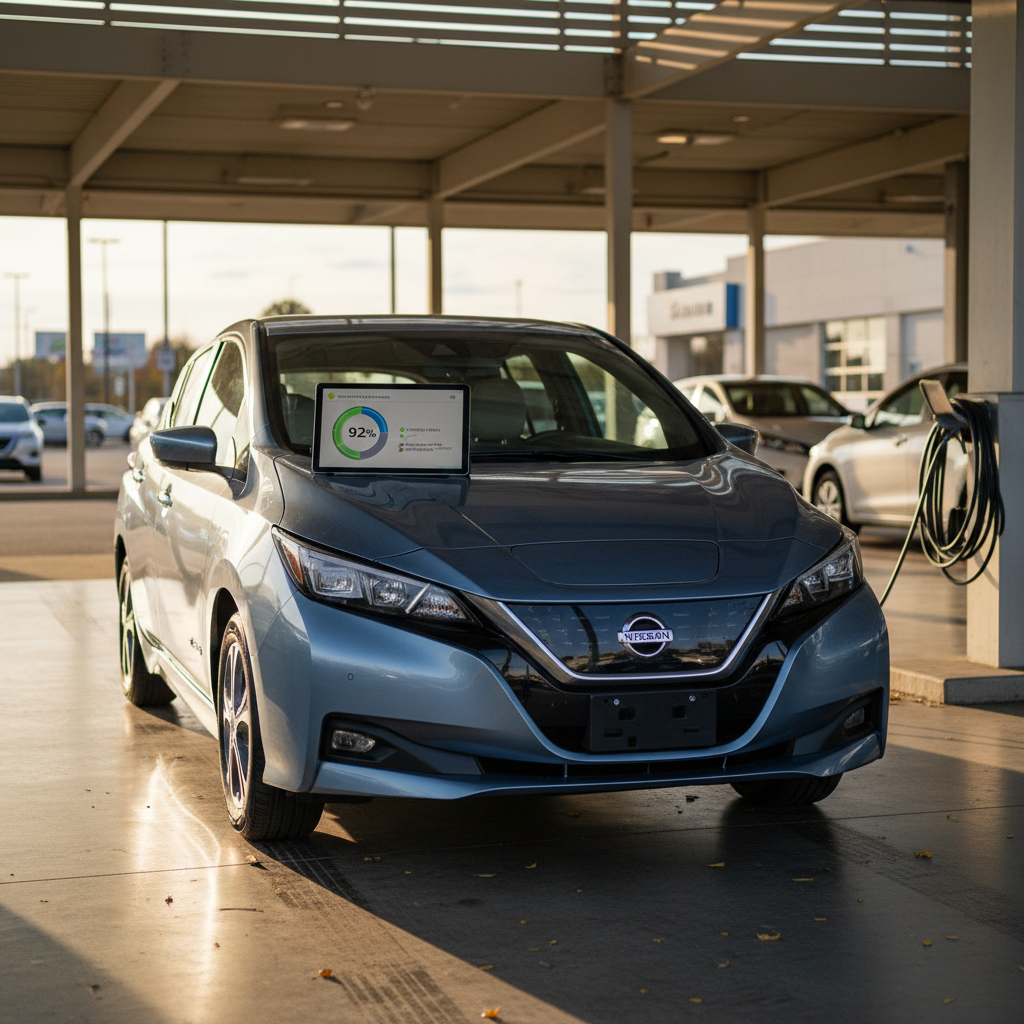If you’re hunting for the best deals on lease cars in 2025, the headlines can be confusing. You’ll see $205-per-month compact cars next to $359-per-month hybrids and EVs with big discounts, all while the average lease payment has climbed to about $659 per month. The trick is separating real value from marketing noise, and that starts with understanding how lease deals are built.
The 2025 leasing landscape in one glance
Why “best” lease deals look so weird in 2025
Lease market snapshots for 2025
A decade ago, leasing was pitched as the reliably cheaper way to drive new. In 2025, the gap between lease and loan payments is narrow, and lenders are reserving the most aggressive offers for well-qualified borrowers and headline-friendly models they want to move quickly.
- Automakers are using leases to control used inventory and protect resale values, not just to move metal.
- Incentives are more surgical, often tied to specific trims, regions, or in-stock units.
- EV lease deals were turbocharged by federal tax credits, then hit turbulence as those incentives changed or disappeared.
- Low advertised payments often depend on big cash due at signing and lower annual mileage caps.
Watch the fine print
What a genuinely good lease deal looks like
When you’re chasing the best deals on lease cars, ignore the noise and focus on four numbers that actually determine whether an offer is strong: selling price, residual value, money factor, and effective monthly cost.
The four pillars of a strong lease
Every great lease deal balances these pieces, no matter what car you pick.
1. Discounted selling price
The capitalized cost ("cap cost") should be close to what a cash buyer would pay.
- Target a selling price at or below online market pricing.
- Ask for the full lease worksheet so you can see fees rolled into the cap cost.
2. High residual value
The higher the residual, the less of the car you are paying off.
- Popular models often have residuals in the high 50s to low 60s as a % of MSRP.
- Special programs may artificially boost residuals to lower your payment.
3. Low money factor
The money factor is the interest rate in disguise.
- Multiply by 2,400 to estimate the APR.
- Excellent credit should unlock "buy rate" money factors from the captive lender.
4. Reasonable effective payment
Take total out-of-pocket cost divided by months to compare apples to apples.
- Add the down payment, fees, and all monthly payments.
- Divide by the number of months, this is your true cost per month.
A quick benchmark
Real-world examples of strong lease deals right now
What counts as the “best deal” depends on your budget and segment, but a few patterns stand out in November 2025. Compact cars, compact SUVs, and certain hybrids are carrying some of the most attractive offers, while EV leasing is in transition after the loss of broad federal tax credits.
Sample mainstream lease deals available in late 2025
These are representative national offers as of mid‑November 2025; your local pricing and taxes will vary.
| Model & Trim | Segment | Advertised Payment | Due at Signing | Term / Miles | Notes |
|---|---|---|---|---|---|
| 2025 Subaru Impreza (base) | Compact car | $205/mo | $2,640 | 36 mo / 10k | Standard AWD, strong safety tech for the price. |
| 2025 Honda Accord LX | Midsize sedan | $269/mo | $4,199 | 36 mo / 10k | Spacious, efficient, often a value benchmark. |
| 2025 Toyota Tacoma SR5 2WD | Midsize truck | $239/mo | $3,999 | 36 mo / 10k | Aggressive truck pricing, but note 2WD and mileage cap. |
| 2026 Nissan Rogue SV | Compact SUV | $249/mo | $4,469 | 36 mo / 10k | Comfortable family SUV; check regional inventory. |
| 2026 Honda CR‑V TrailSport Hybrid | Compact SUV hybrid | $359/mo | $4,199 | 36 mo / 10k | Higher payment, but strong efficiency and resale. |
Always verify current offers with the manufacturer or dealer before you shop.
Compare the effective monthly cost, not just the ad

How to calculate whether a lease offer is really good
You don’t need to be a finance pro to evaluate lease math. A few back-of-the-envelope checks will tell you whether you’re looking at one of the best deals on lease cars or something that just looks cheap on the surface.
Simple steps to vet a lease offer
1. Ask for the full lease worksheet
Request a written quote that shows MSRP, selling price, money factor, residual value, term, mileage allowance, and all fees. If the dealer won’t provide it, that’s a red flag.
2. Compute the effective monthly cost
Add up the down payment, acquisition and doc fees, and all monthly payments, then divide by the number of months. Use this number to compare deals, not just the advertised payment.
3. Check the money factor vs. market rates
Multiply the money factor by 2,400 to get an approximate APR. If your result is far above current loan rates and you have solid credit, push back or shop another lender.
4. Look at residual vs. real-world resale
Google what 3-year-old versions of that model sell for. If the residual seems much higher than future market value, you’re paying for optimism built into the program.
5. Confirm mileage that matches your life
If you routinely drive 15,000 miles a year, a 10,000-mile lease with low payments may be a trap. Extra mileage charges of $0.25–$0.35 per mile add up quickly.
Don’t fixate only on monthly payment
Tactics to get the best deal on a lease car
Once you know what a good lease looks like, the next step is making sure you actually get one. In 2025, the best deals on lease cars are going to shoppers who prepare, are flexible on models, and negotiate on the underlying price, not just the payment.
Practical ways to improve any lease deal
These strategies apply whether you’re leasing a compact sedan or a luxury EV.
Shop near month- or quarter-end
Dealers and captive finance arms often push bonus money at the end of sales periods.
- Look for extra lease cash or “conquest” bonuses.
- Ask directly if there are unadvertised programs.
Negotiate cap cost like a cash deal
Start by negotiating the selling price using online market data.
- Ignore “this is the lease price” anchoring.
- Once price is set, then ask them to pencil the lease.
Leverage strong credit
Excellent credit is more valuable than ever.
- Know your score before you walk in.
- Ask if you qualify for the lender’s “buy rate” money factor.
Consider one‑pay or multiple security deposits
Some brands let you lower the money factor with larger upfront payments.
- One‑pay leases: one big payment instead of monthly bills.
- Multiple security deposits: refundable in many programs.
Be flexible on trim and color
The best subvented programs are often on specific trims.
- If you can live with a different color or options bundle, you may save thousands over the term.
Skip high‑margin add‑ons
Extras like paint sealant, window etching, and redundant protection packages are where profit hides.
- Politely decline and keep the deal focused on the car.
Digital-first shoppers have an edge
EV lease deals: what changed after the tax credits
Electric vehicle leases were some of the most eye‑catching deals of the last few years. In some states, stackable federal and state incentives pushed payments on models like the VW ID.4 or Nissan Leaf into the double digits, sometimes under $50 a month, if you timed things perfectly.
That era is fading. The federal EV tax credit that many leasing companies treated as a commercial-vehicle incentive, then passed through as lower lease payments, effectively ended for most consumers on September 30, 2025, under new federal legislation. A few automakers, including major Detroit brands, are still using remaining loopholes and internal incentives on select inventory through year‑end, but those offers are limited, regional, and heavily advertised when they exist.
Why EV leases were such a steal
- Tax credit passthrough: Lenders could claim the EV tax credit and reduce your cap cost.
- High residuals: Automakers bet big on EV resale values, lowering your payment.
- Low fuel and maintenance: Even with a higher payment, total cost of ownership could be attractive.
What to watch for now
- Smaller or no federal support: Most of the national $7,500 benefit is gone for new leases.
- State incentives vary: Some state rebates or tax breaks still apply, others are phasing down.
- Dealer discretion: Any remaining incentive passthrough is now much more at the dealer’s mercy.
Cross‑shop leases versus used EVs
Lease vs. buy vs. used EV: which is the better “deal”?
Leasing is only one way to keep your transportation costs predictable. In a market where new‑car prices are still elevated and incentives are patchy, comparing a lease against buying, especially buying a used EV, can reveal better value than the splashiest lease ad in your feed.
Lease vs. new-car loan vs. used EV purchase
How different paths stack up if you care about monthly cost, flexibility, and long‑term value.
| Option | Pros | Cons | Best For |
|---|---|---|---|
| New-car lease | Lower upfront cost, newer tech, warranty coverage through term, easy turnover every 2–3 years. | Mileage limits, wear-and-tear charges, you build no equity, strong credit often required for top deals. | Drivers who want the newest features, predictable terms, and don’t rack up big mileage. |
| New-car loan | Unlimited mileage, full control over ownership, long-term cost can be lower if you keep the car. | Higher monthly payments, depreciation hits you directly, long terms can hide total interest cost. | Drivers who keep cars 6–10 years and want flexibility to sell or trade whenever they choose. |
| Used EV purchase (e.g., via Recharged) | Lower purchase price, no lease restrictions, potential to get premium tech for compact-car money, transparent battery health with a Recharged Score. | Out-of-warranty repairs on some models, unknown battery condition if you buy without diagnostics, older infotainment and safety features. | Value-focused shoppers who want to own the car and minimize total cost of ownership, especially in metro areas with good charging coverage. |
There’s no universal winner, the “best deal” depends on your driving patterns, budget, and appetite for risk.
Where Recharged fits in
Checklist before you sign any lease
Whether you’re chasing a rock‑bottom compact-car payment or an aggressively priced EV lease, running through a structured checklist helps you avoid expensive surprises at turn‑in time.
Nine checks for finding the best deals on lease cars
1. Confirm the selling price and incentives
Make sure the cap cost reflects all manufacturer incentives and matches or beats online market pricing for a purchase deal.
2. Verify the money factor and your credit tier
Ask explicitly which tier they’re using and what the buy‑rate money factor is from the captive lender for your score range.
3. Match the mileage allowance to your real driving
Estimate your annual miles honestly. If you’re likely to exceed the cap, price out a higher-mileage lease or budget for overage charges.
4. Read the wear-and-tear language
Get clear examples of what counts as “excess wear” and what it costs. Ask about optional wear‑and‑tear protection and consider it only if priced fairly.
5. Look for acquisition, disposition, and doc fees
These fees can add hundreds of dollars. You may not be able to remove them all, but you can push back on dealer‑added junk fees.
6. Check for add‑ons you didn’t request
Window tint, nitrogen tires, VIN etching, paint protection, if they’re pre‑installed, you can still negotiate them down or out.
7. Run the effective monthly cost one more time
Before you sign, re‑calculate total out‑of‑pocket divided by months. If the effective payment doesn’t feel like a win, walk away.
8. Understand early termination rules
Life changes. Know what happens if you need out early, can you transfer the lease, or is it a hard no from the lender?
9. Compare against a used EV option
Take five minutes to compare that lease against owning a used EV from Recharged. Owning a low‑mileage EV with verified battery health can be cheaper than leasing a brand‑new model with tight mileage caps.
Best deals on lease cars: FAQ
Frequently asked questions about getting the best lease deals
Key takeaways on finding the best lease deals
In 2025, the best deals on lease cars aren’t necessarily the splashiest ads, they’re the quiet, well‑structured programs where the selling price, residual, and money factor all work in your favor, and the mileage and fine print match your life. If you can run the simple math, negotiate the cap cost, and stay disciplined about add‑ons, you’re already ahead of most shoppers in the showroom.
The final step is perspective. A new‑car lease is only one path to a predictable payment. For many drivers, especially those open to driving electric, buying a used EV through Recharged can deliver lower long‑term costs, verified battery health, and the freedom that comes with ownership. Compare both options side by side, and you’ll put yourself in position to choose the deal that actually serves your budget and your daily drive, not just the dealer’s sales board.



